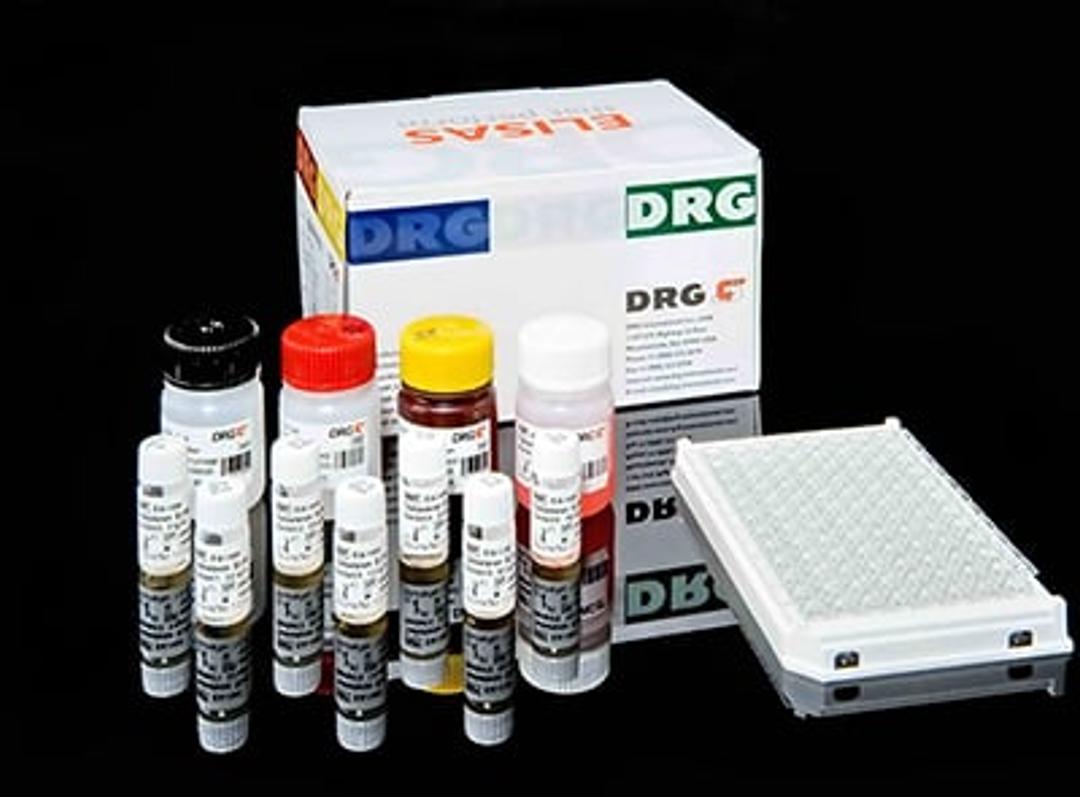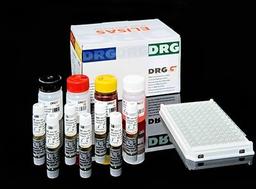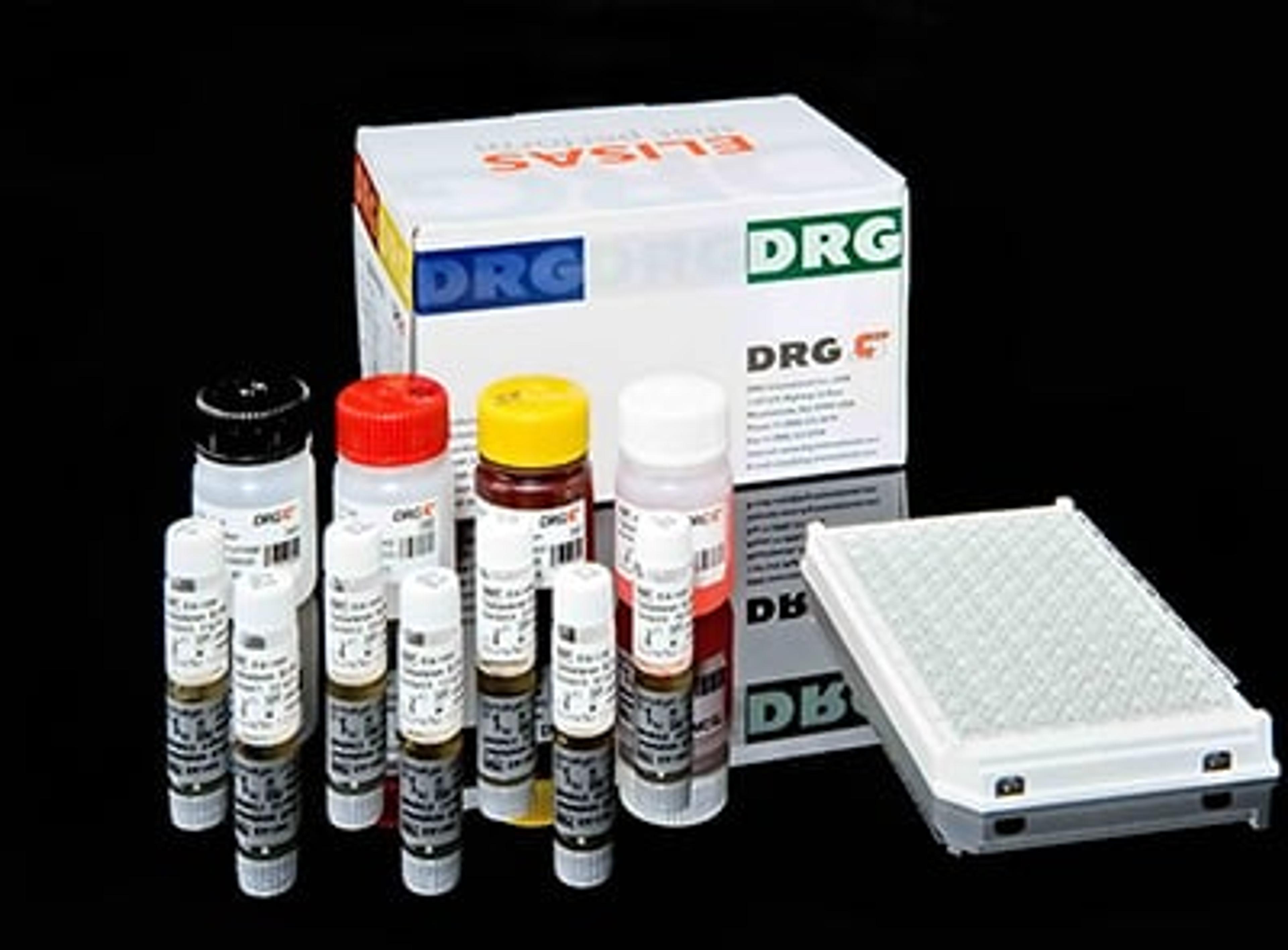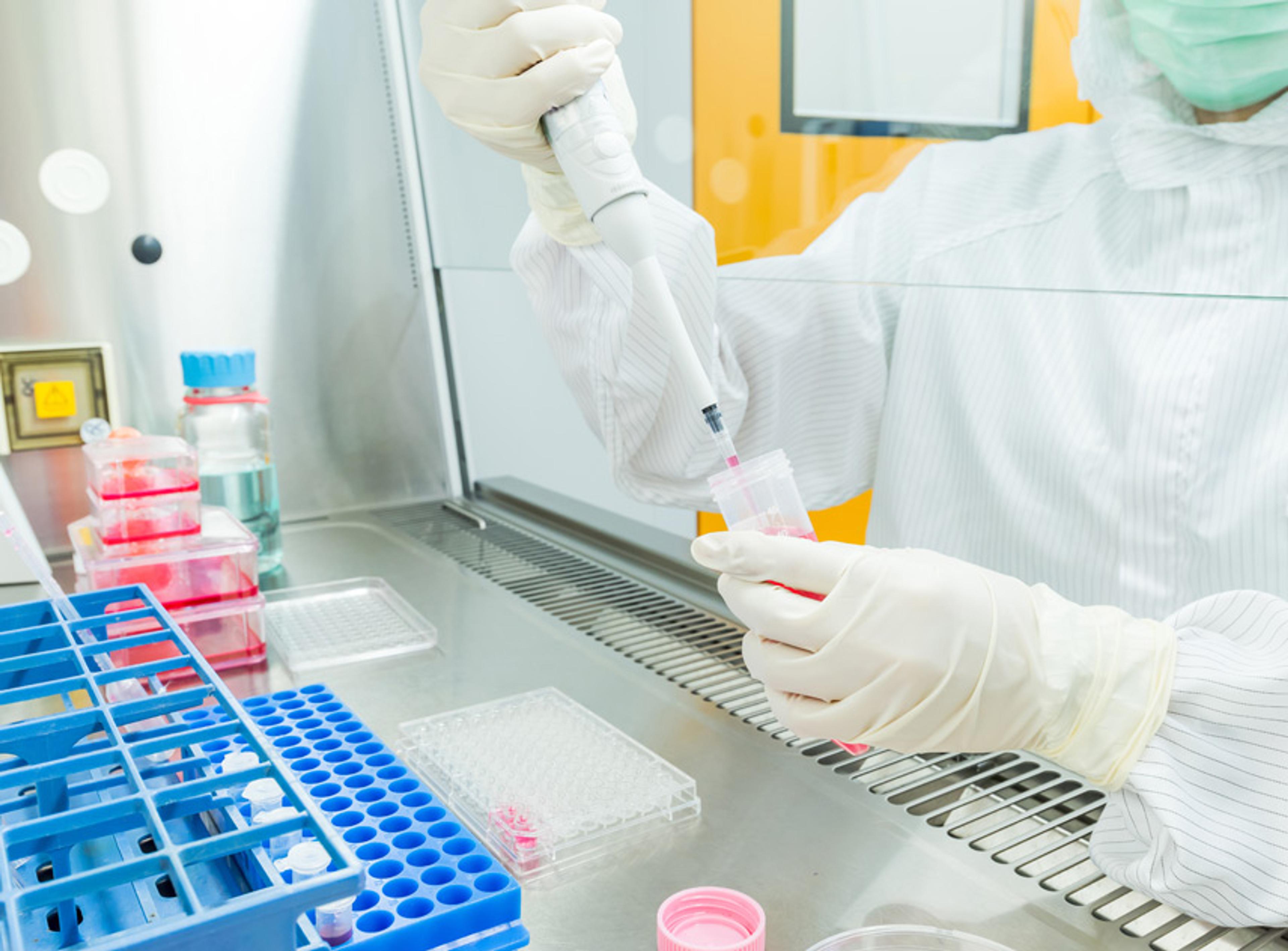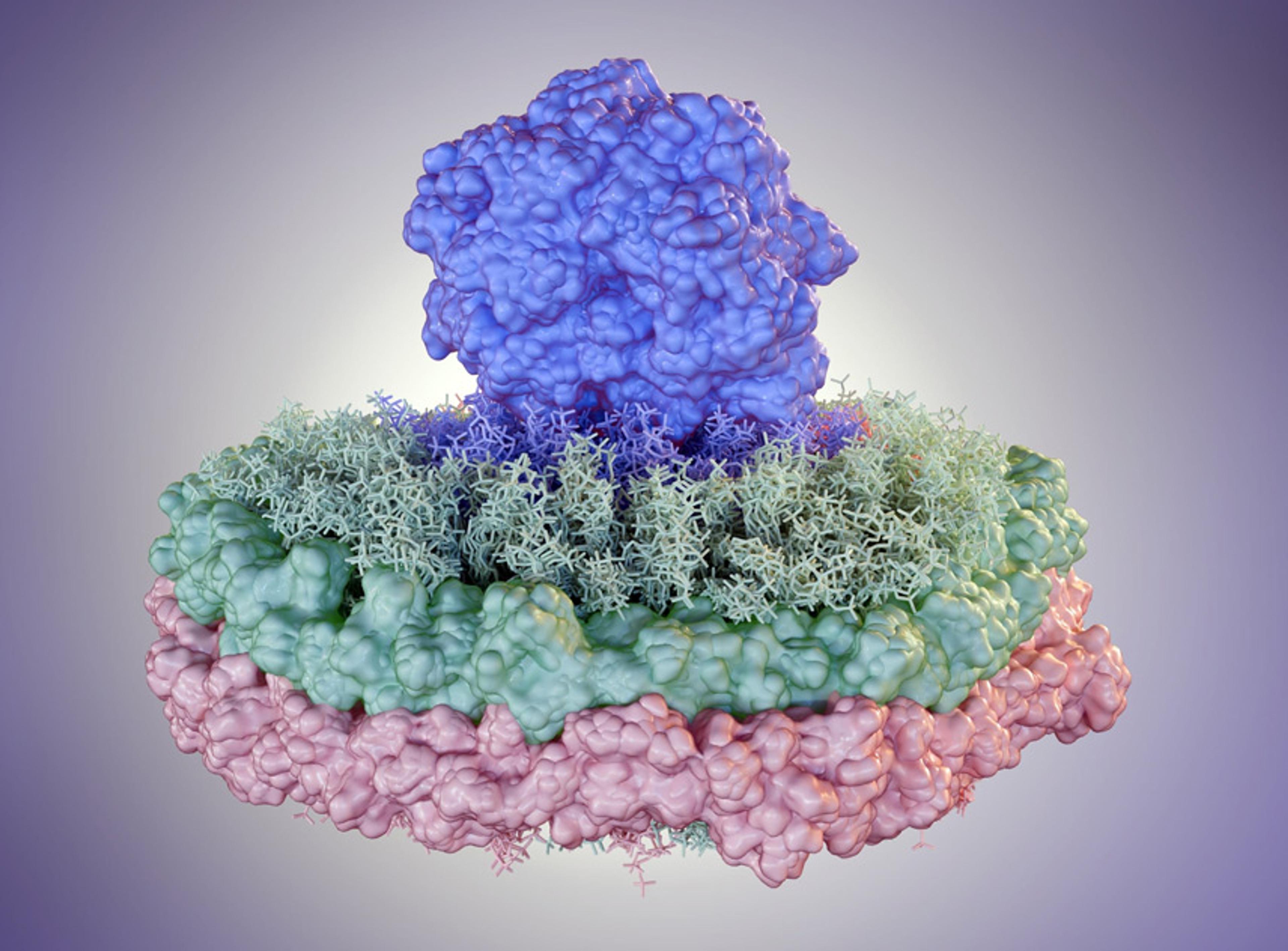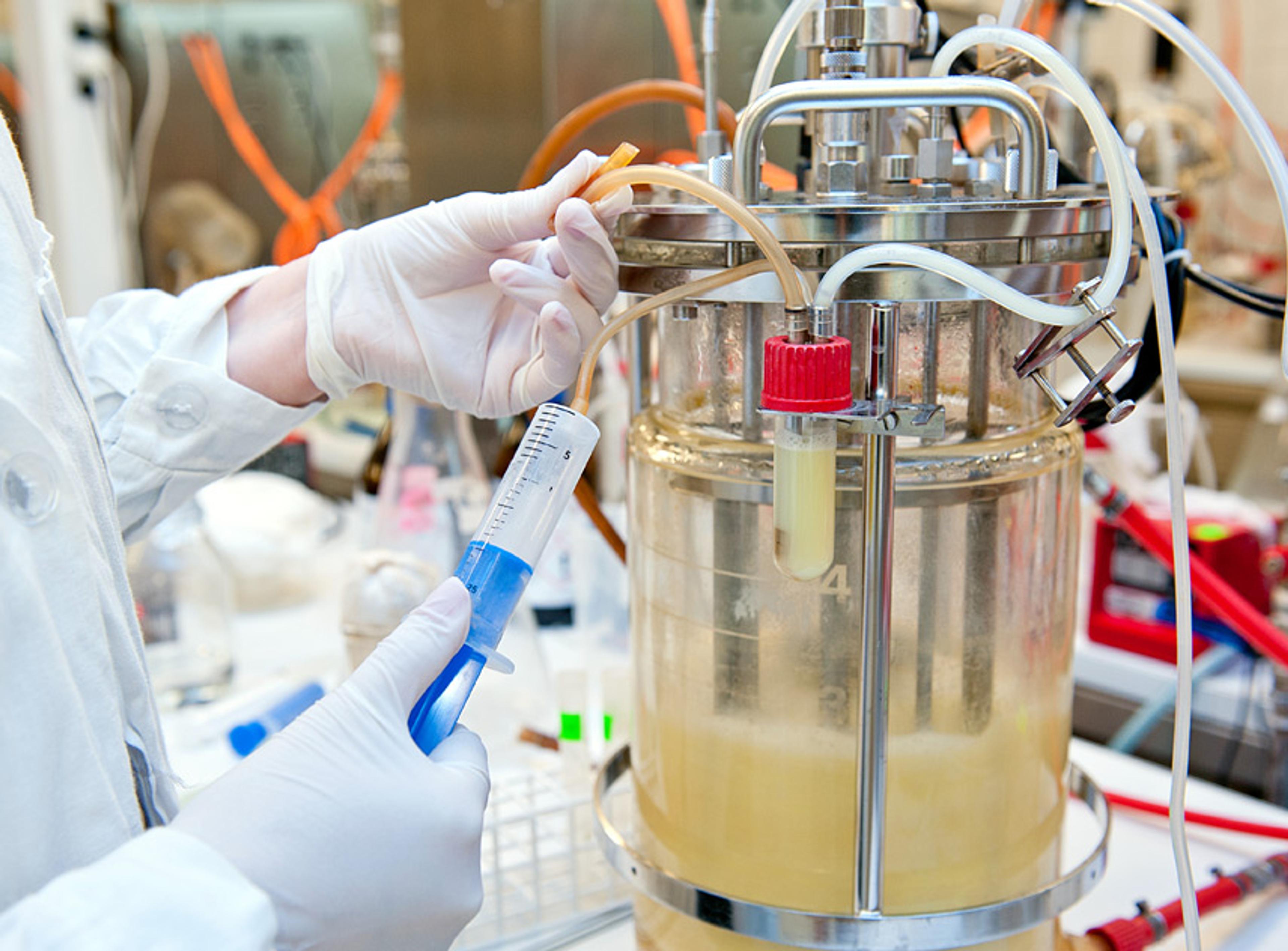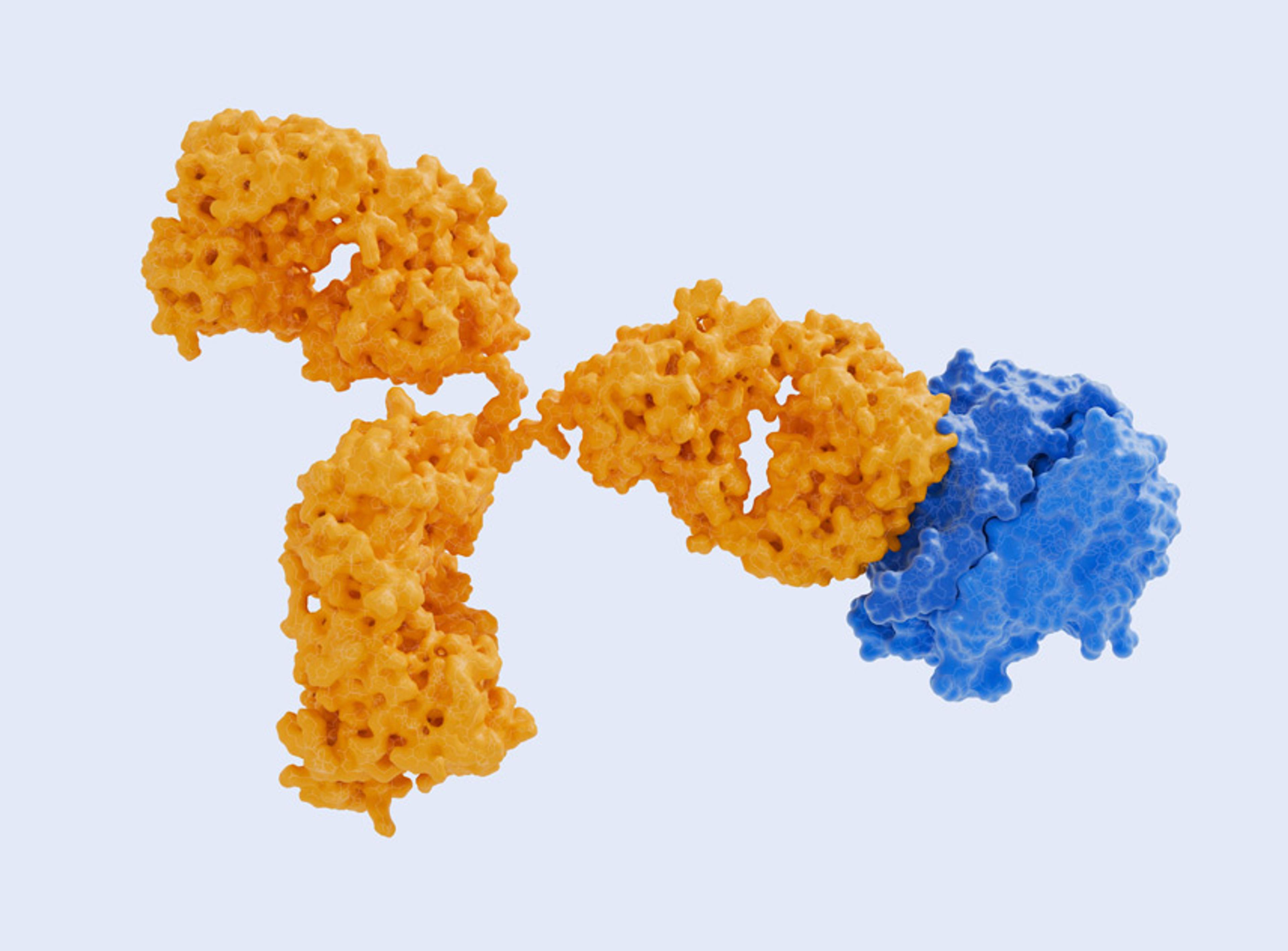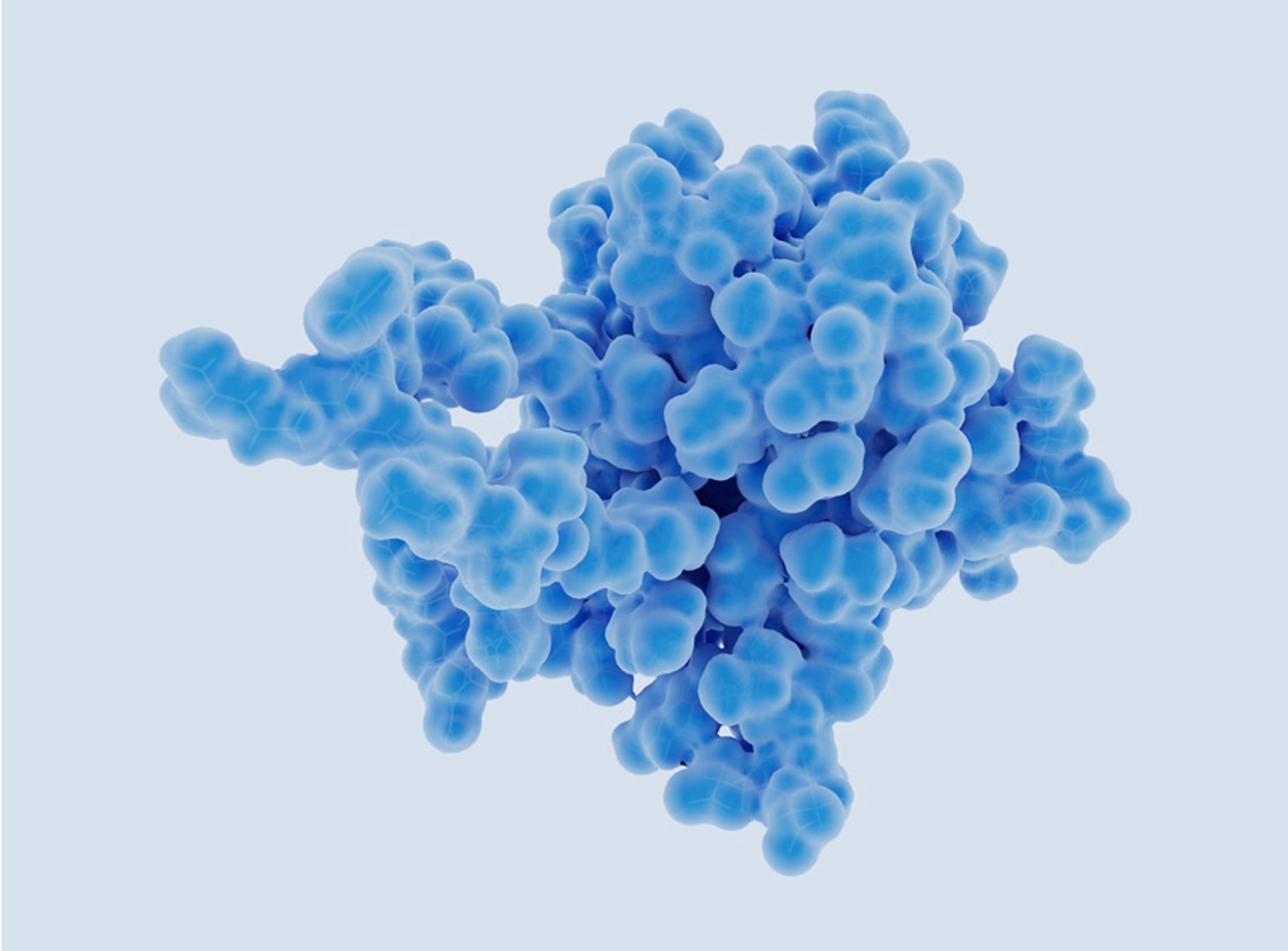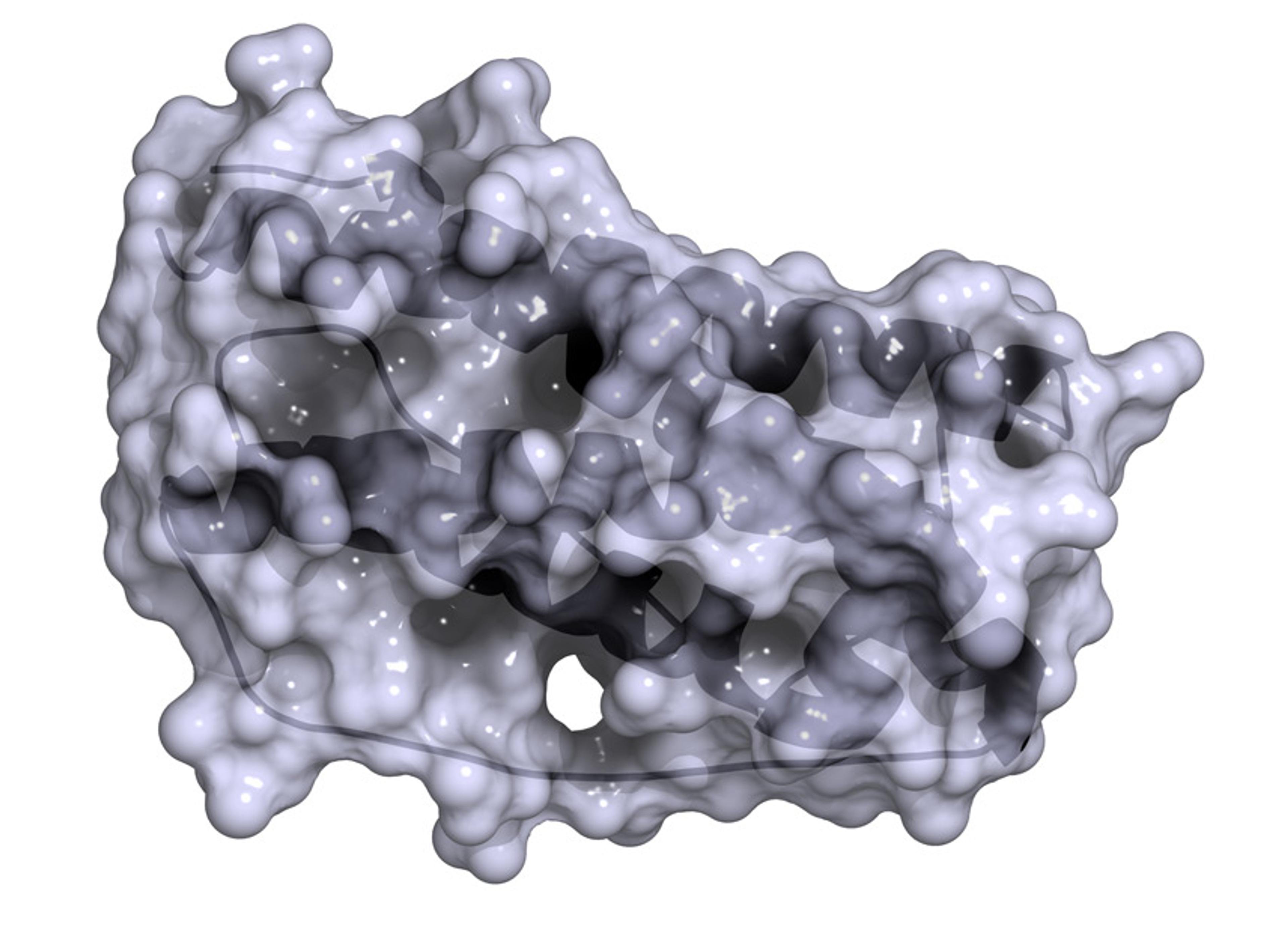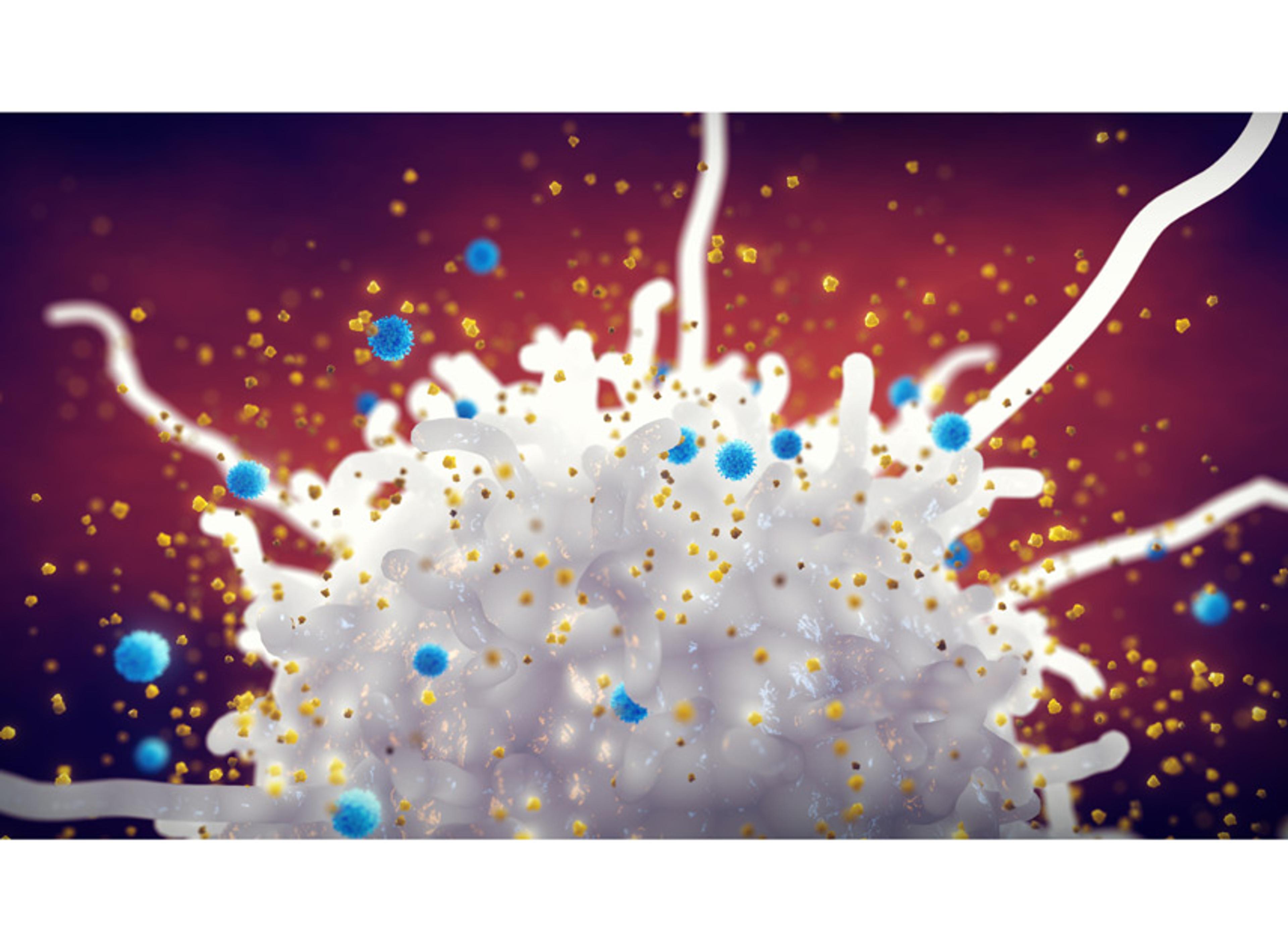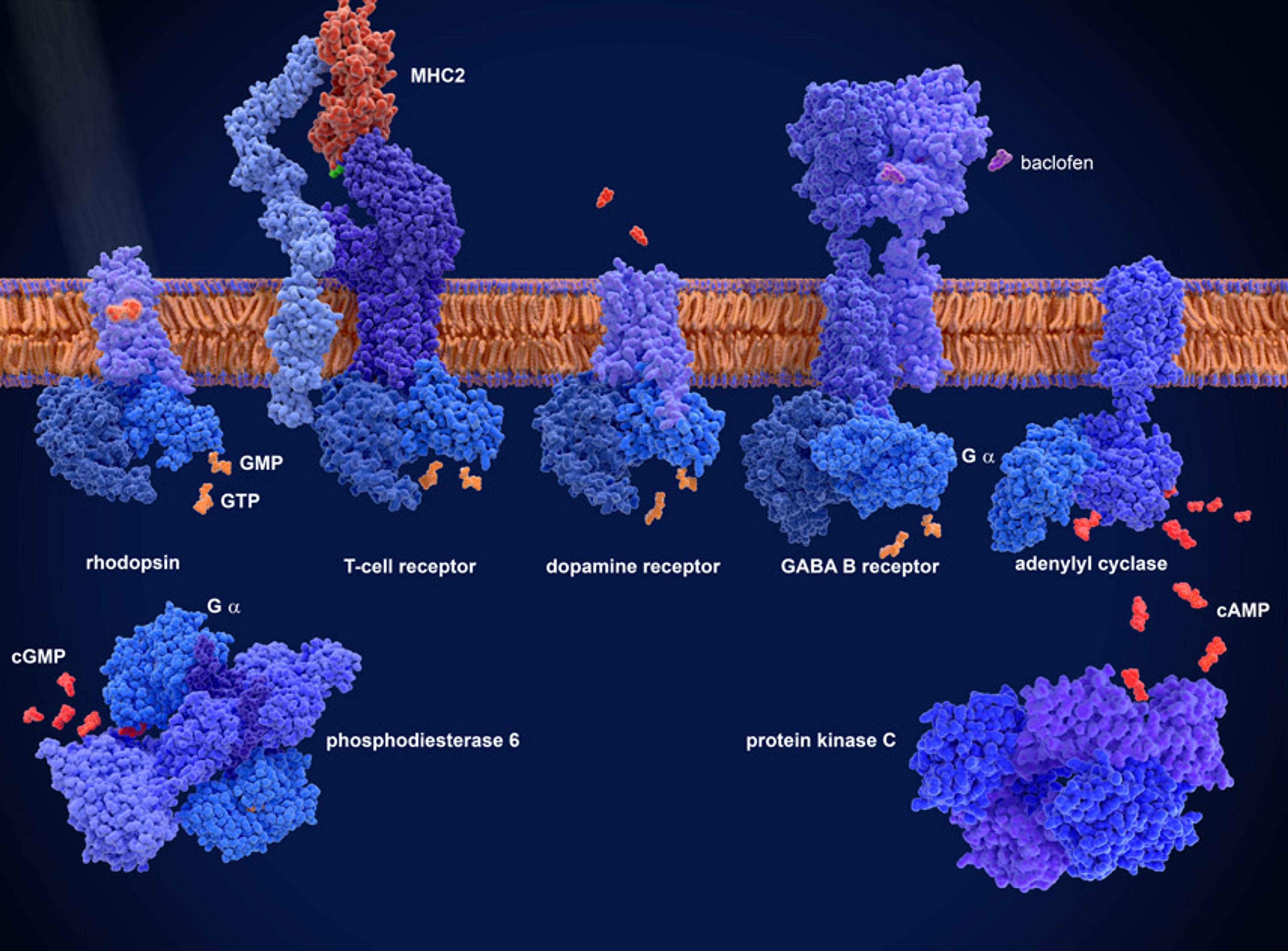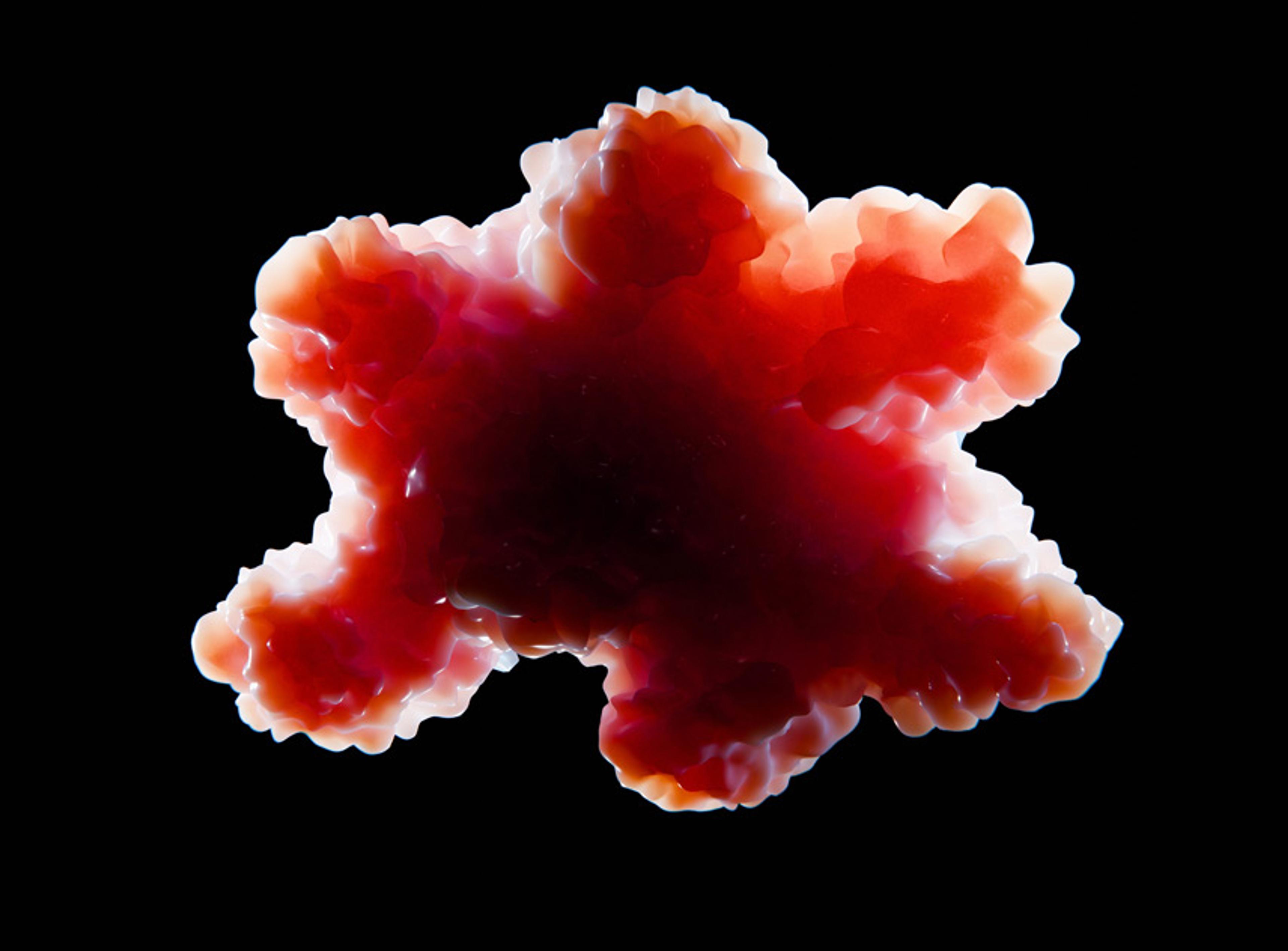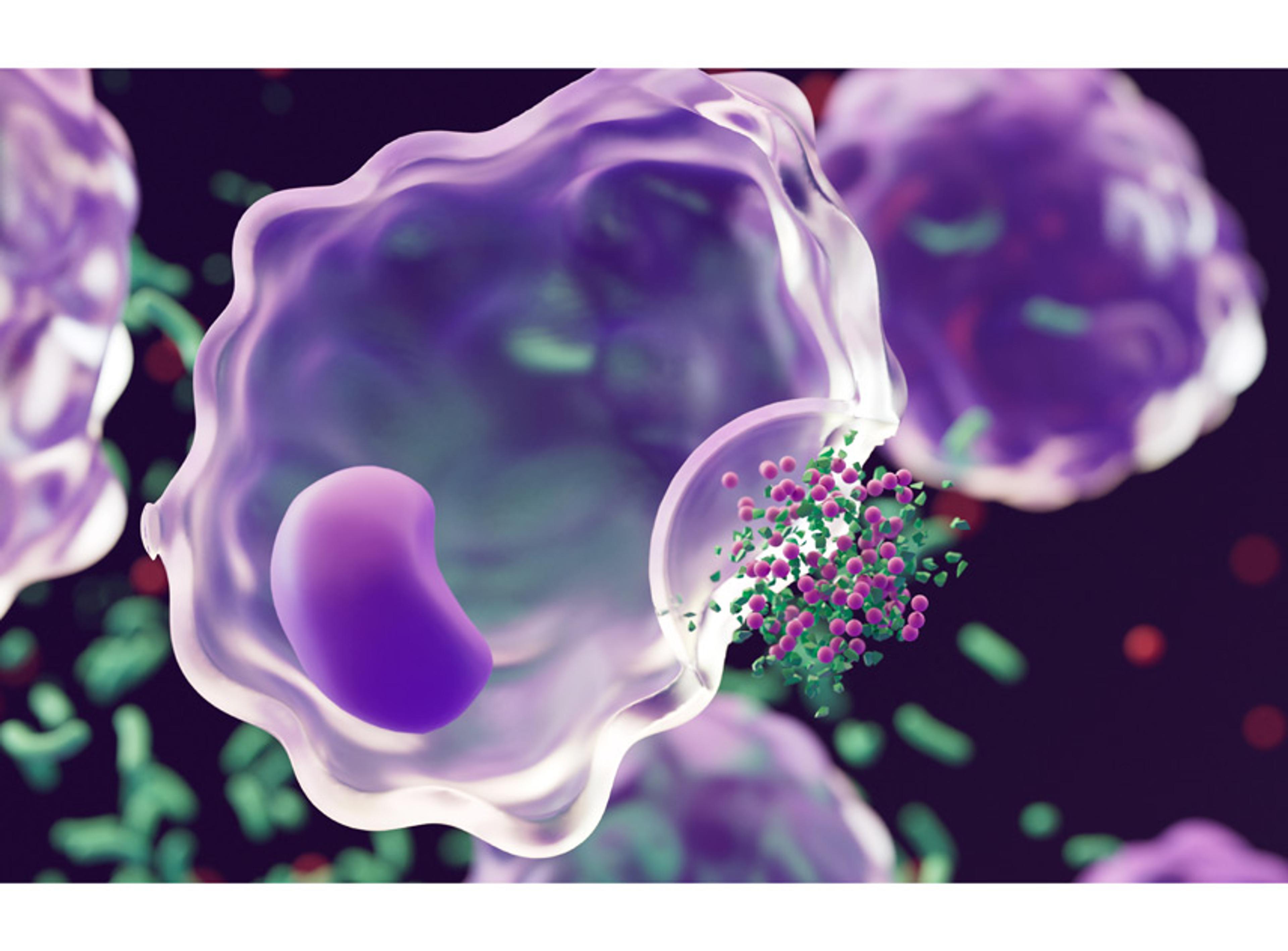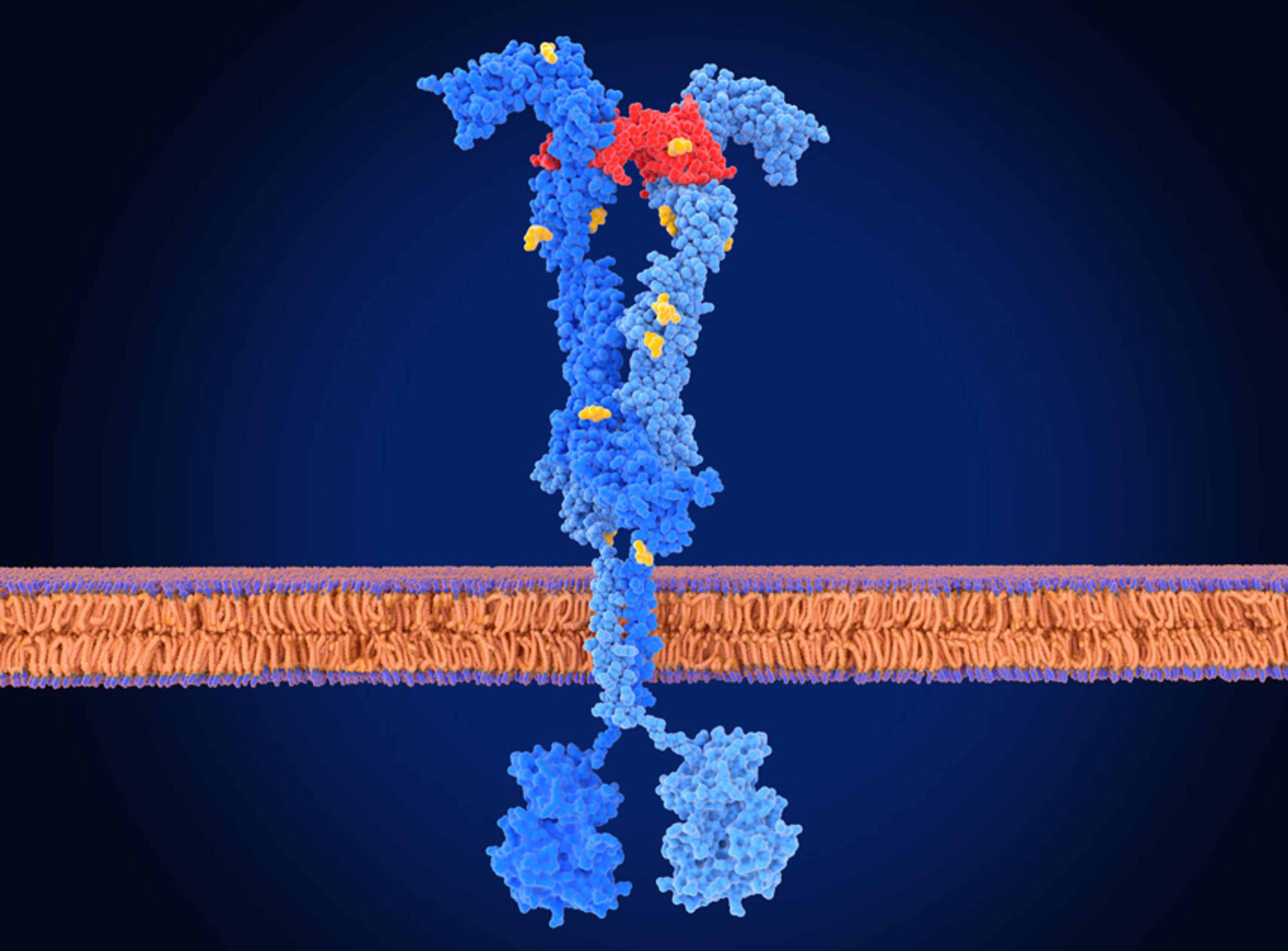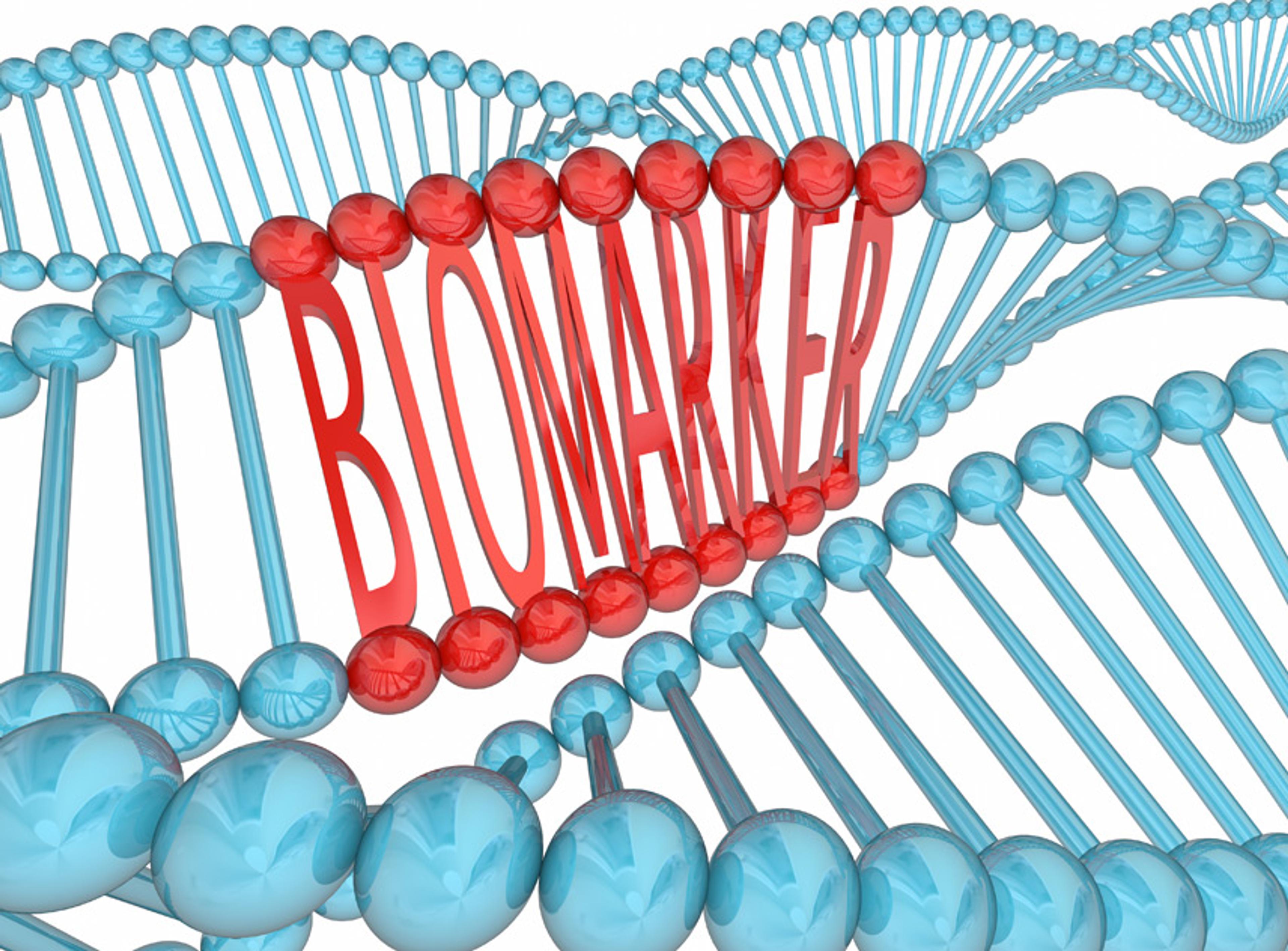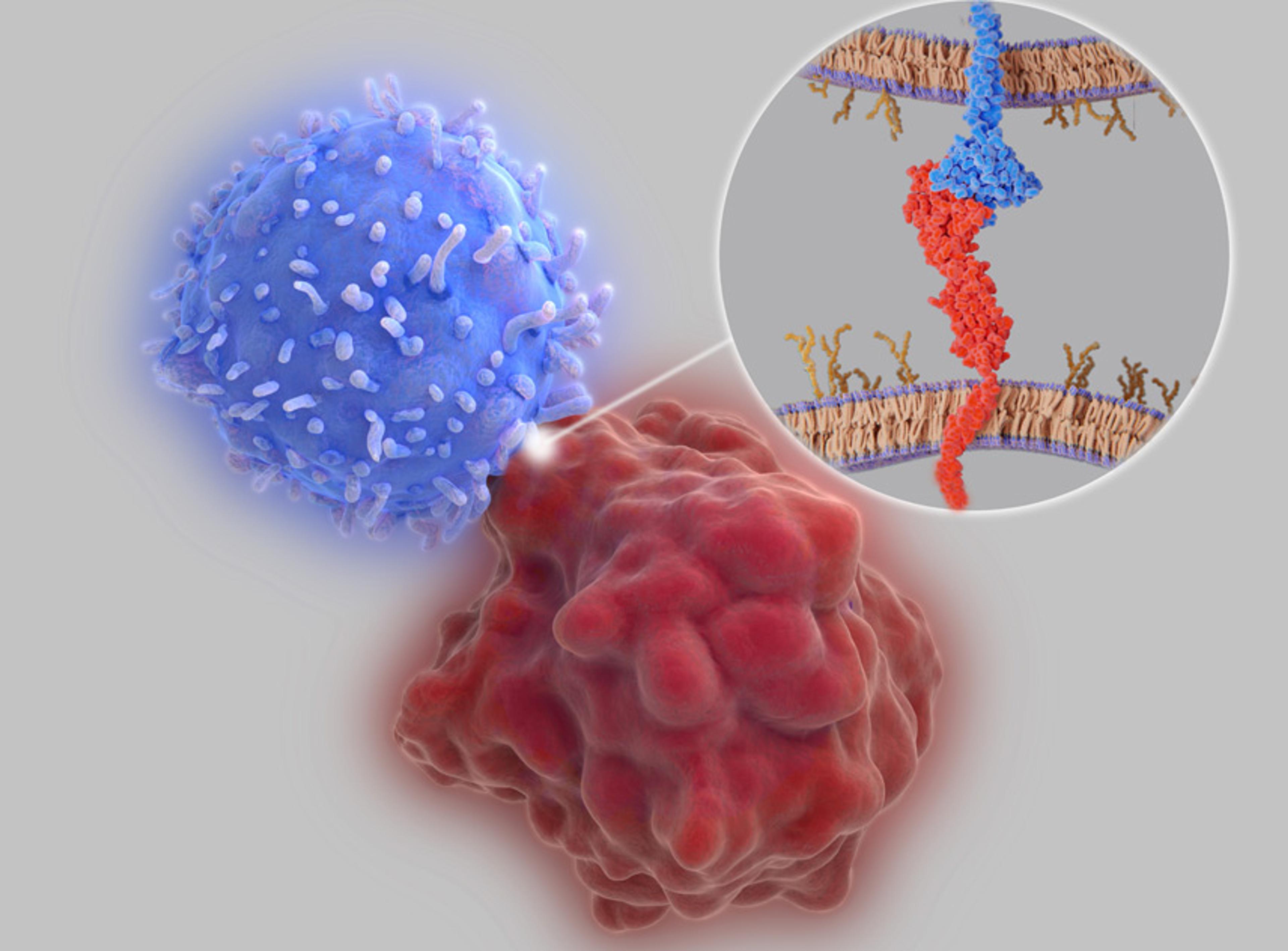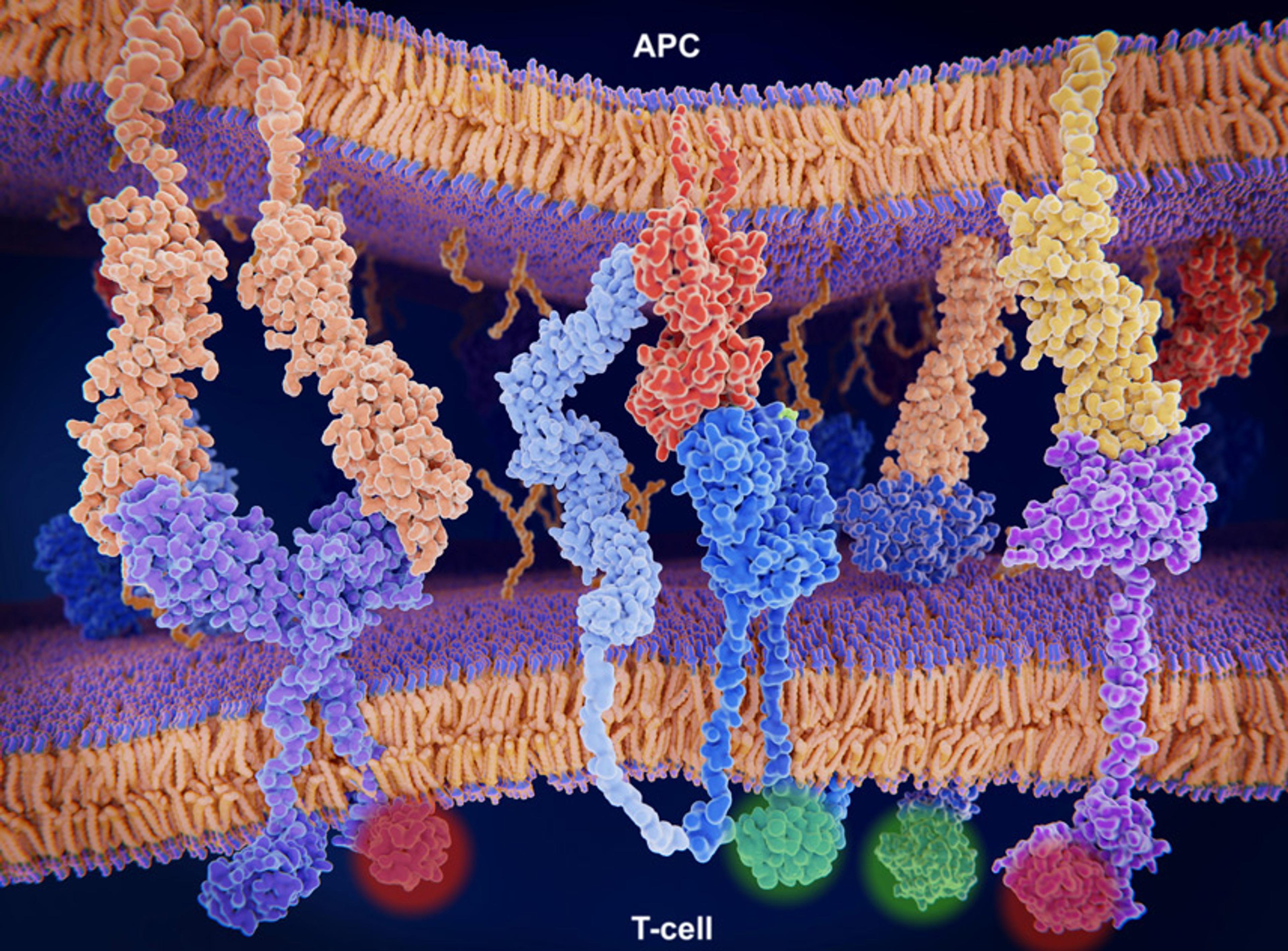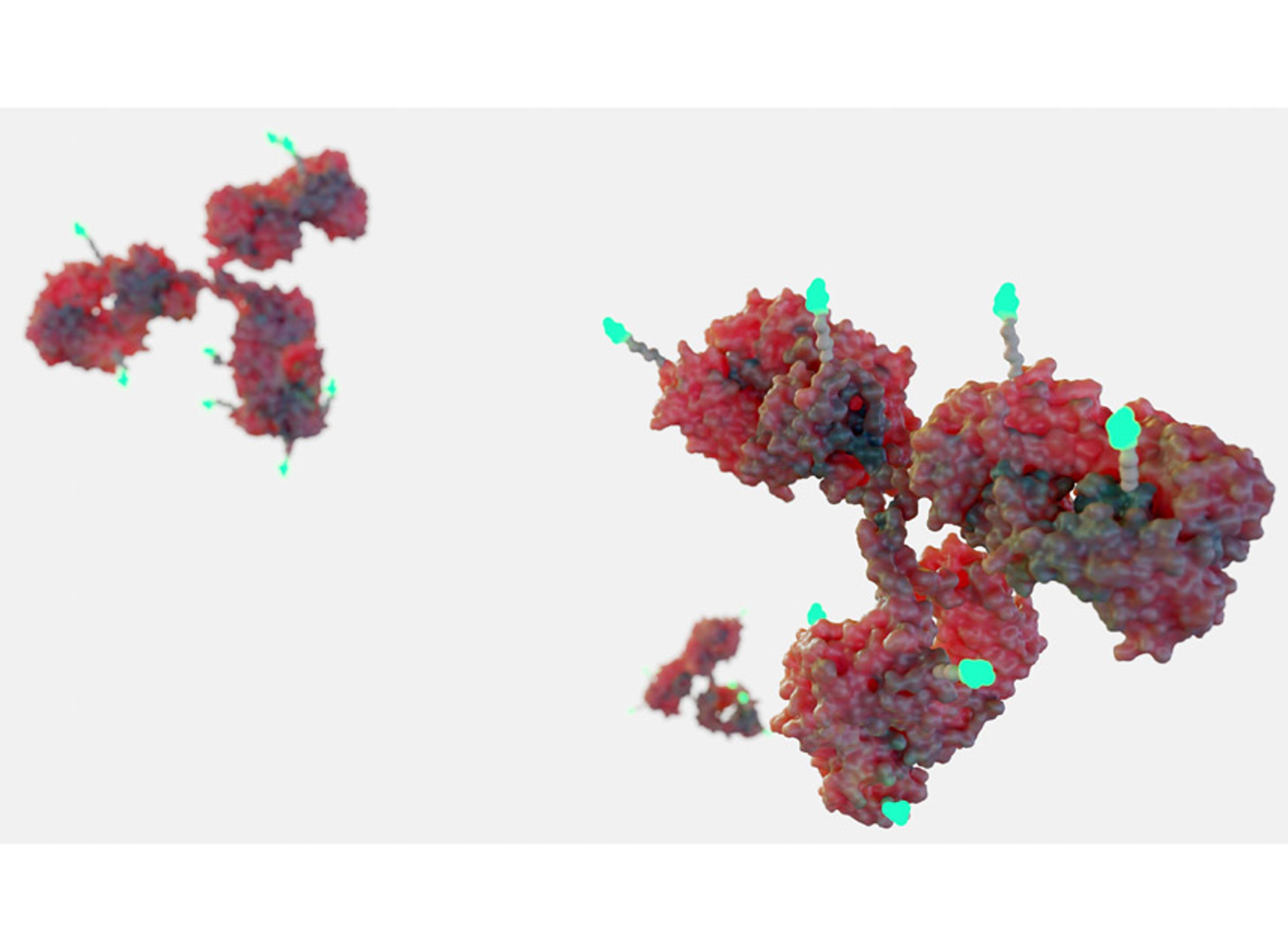Prostate Specific Antigen (PSA) ELISA
High Quality Assays with Reproducible and Reliable Results

The supplier does not provide quotations for this product through SelectScience. You can search for similar products in our Product Directory.
An enzyme immunoassay for the quantitative determination of prostate specific antigen (PSA) in serum. Human prostate-specific antigen (PSA) is a serine protease, a single chain glycoprotein with a molecular weight of approximately 34,000 daltons containing 7% carbohydrate by weight. PSA is immunologically specific for prostatic tissue, it is present in normal, benign hyperplastic, and malignant prostatic tissue, in metastatic prostatic carcinoma, and also in prostatic fluid and seminal plasma. PSA is not present in any other normal tissue obtained from men, nor is it produced by cancers of the breast, lung, colon, rectum, stomach,pancreas or thyroid. Besides, it is functionally and immunologically different from prostatic acid phosphatase (PAP). Elevated serum PSA concentrations have been reported in patients with prostate cancer, benign prostatic hypertrophy, or inflammatory conditions of other adjacent genitourinary tissues, but not in apparently healthy men, men with non-prostatic carcinoma, apparently healthy women, or women with cancer. Reports have suggested that serum PSA is one of the most useful tumor markers in oncology. It may serves as an accurate marker for assessing response to treatment in patients with prostatic cancer. Therefore, measurement of serum PSA concentrations can be an important tool inmonitoring patients with prostatic cancer and in determining the potential and actual effectiveness of surgery or other therapies. Recent studies also indicate that PSA measurements can enhance early prostate cancer detection when combined with digital rectal examination (DRE).The PSA ELISA test is based on the principle of a solid phase enzyme-linked immunosorbent assay. The assay system utilizes a goat anti-PSA antibody directed against PSA for solid phase immobilization (on the microtiter wells). A monoclonal anti-PSA antibody conjugated to horseradish peroxidase (HRP) is in the antibody-enzyme conjugate solution. The test sample is allowed to react first with the immobilized goat antibody at room temperature for 60 minutes. The wells are washed to remove any unbound antigen. The monoclonal anti-PSA-HRP conjugate is then reacted with the immobilized antigen for 60 minutes at room temperature resulting in the PSA molecules being sandwichedbetween the solid phase and enzyme-linked antibodies. The wells are washed with water to remove unbound-labeled antibodies. A solution of TMB Reagent is added and incubated at room temperature for 20 minutes, resulting in the development of a blue color. The color development is stopped with the addition of Stop Solution changing the color to yellow. The concentration of PSA is directly proportional to the color intensity of the test sample. Absorbance is measured spectrophotometrically at 450 nm.

